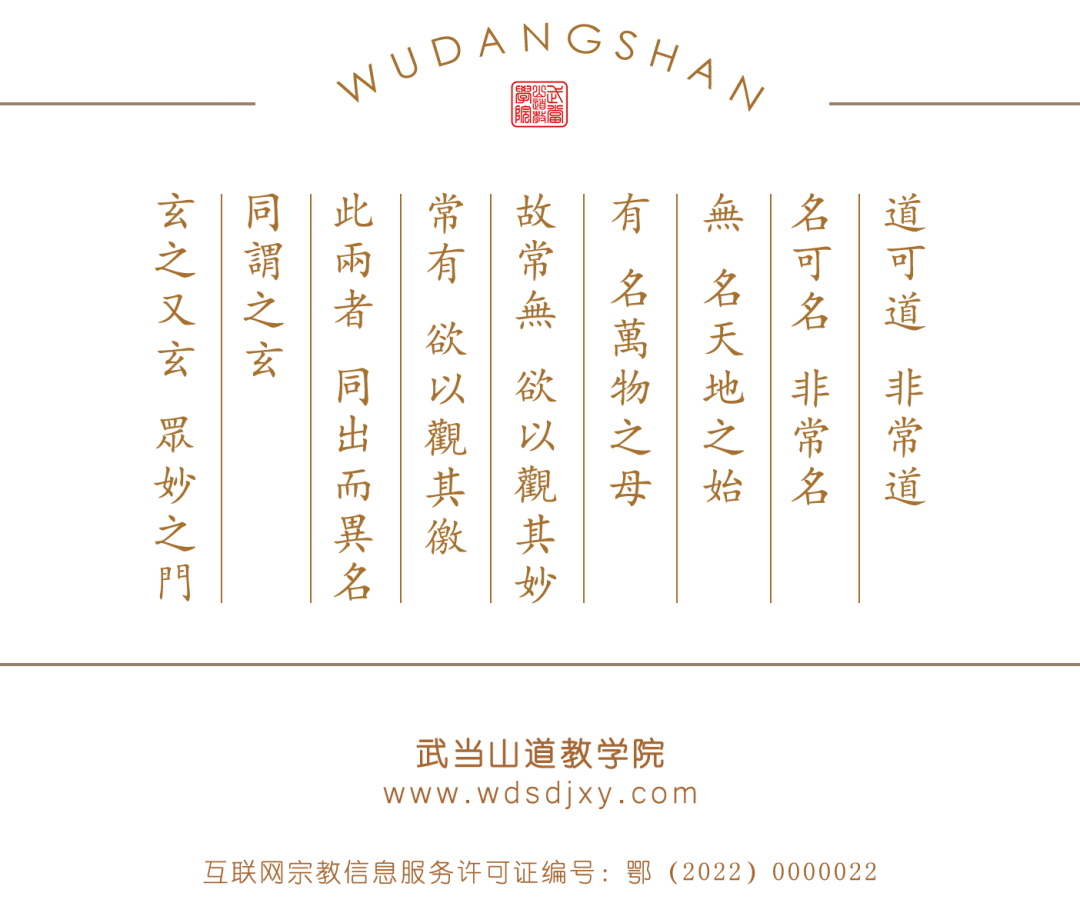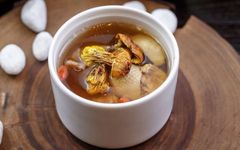
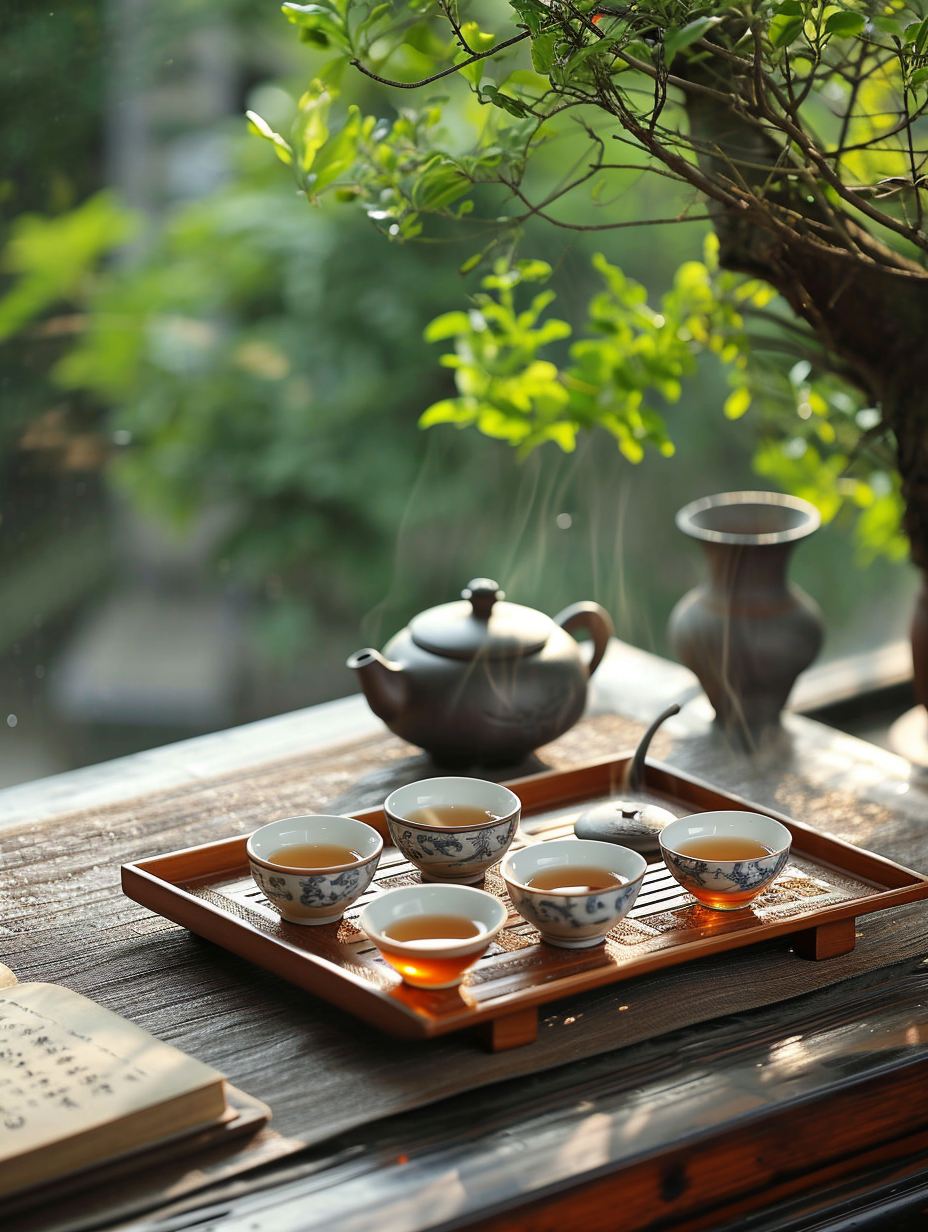
#1
Morning Cool Water
“In the morning, the stomach qi is weakest, therefore drinking cool water stimulates the stomach qi, this is the first principle of health preservation.”
This means that when a person just wakes up, the stomach qi is at its weakest, and one cannot eat yet; only cool boiled water should be consumed to stimulate the gastrointestinal tract and create a sense of hunger. It is important to note that individuals with yang deficiency or weak spleen and stomach should drink warm water, and during spring, summer, and winter, ginger water is preferable. It is best to avoid juices, cola, soda, coffee, and milk.
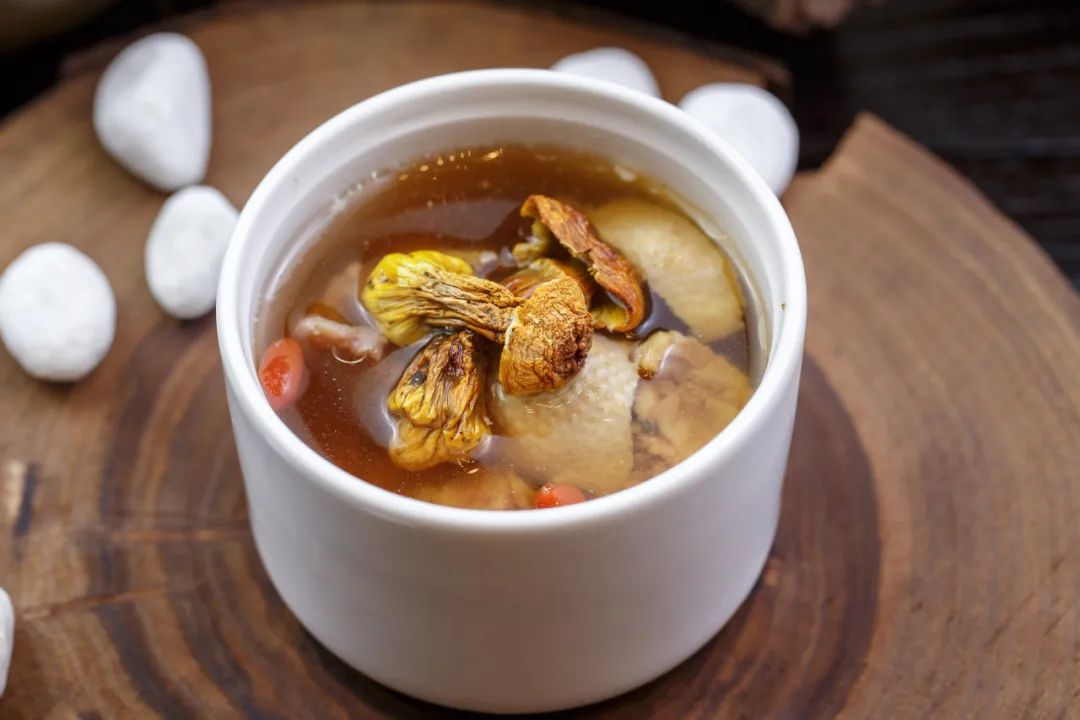
#2
Drink Soup at Lunch
“At noon, drink Baoyuan Soup and avoid meat, supplementing while avoiding meat toxins, and consume coarse food and small dishes to wrap the intestinal toxins, known as seven parts full, this is the second principle of health preservation.”
“Meat soup does not harm people. However, meat chunks in the stomach can produce meat toxins, which are extremely harmful.” It is advisable to first drink Baoyuan Soup made from pig trotters at lunch, or soups made from fish, chicken, or ribs, followed by coarse grains and small dishes. This can help “avoid meat toxins and wrap intestinal toxins.”
Modern medicine has found that when people consume solid meat, they can only absorb a maximum of 30%, while the remaining 70% forms feces in the colon. This fecal matter ferments and produces harmful chemical substances such as lactic acid, indole, and hydrogen sulfide, leading to self-poisoning, manifested as fatigue, irritability, loss of appetite, constipation, and even widespread bone pain, which accelerates aging over time.
At the same time, one should not overeat; seven parts full is sufficient. If dinner is too heavy, children may stop eating and develop a fever; young people may have nightmares that harm the brain; and the elderly may be at risk of sudden death.
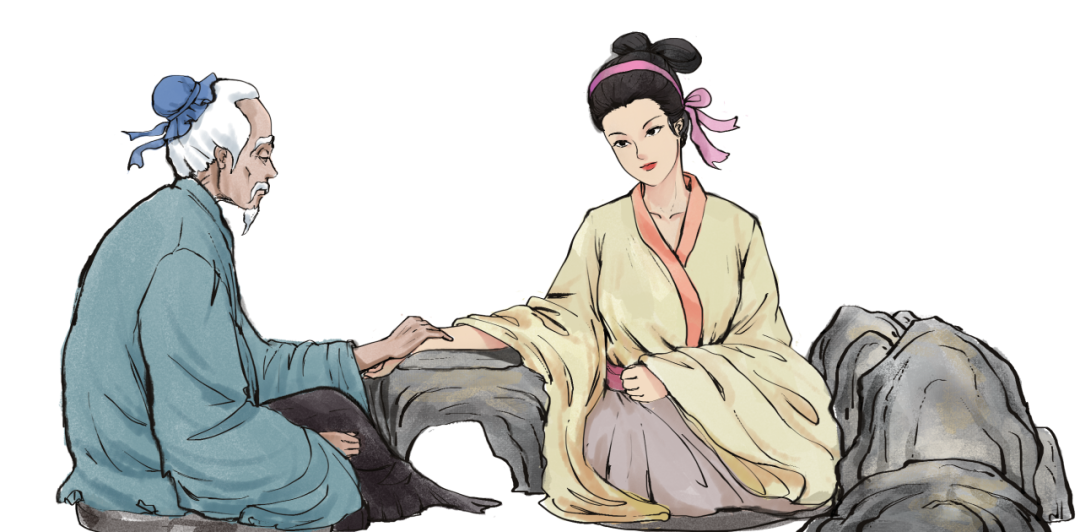
#3
Afternoon Nap to Nourish Yang
“A short rest after meals nourishes the spirit, this is the third principle of health preservation.”
During noon (between 11 AM and 1 PM), a short nap is the time when the body’s meridian qi is “harmonizing with yang.” After lunch, most of the blood flows to the digestive organs, making one feel drowsy and yawning. It is advisable to engage in light activity for about half an hour after eating, then take a nap.
Research shows that effective afternoon naps can improve brain metabolism, allowing the fatigued brain nerves from the morning to receive ample fresh blood and nutrients, reducing the incidence of “angina” and “cerebral infarction,” which is beneficial for nourishing yang. A nap of 30 minutes to 1 hour is recommended.
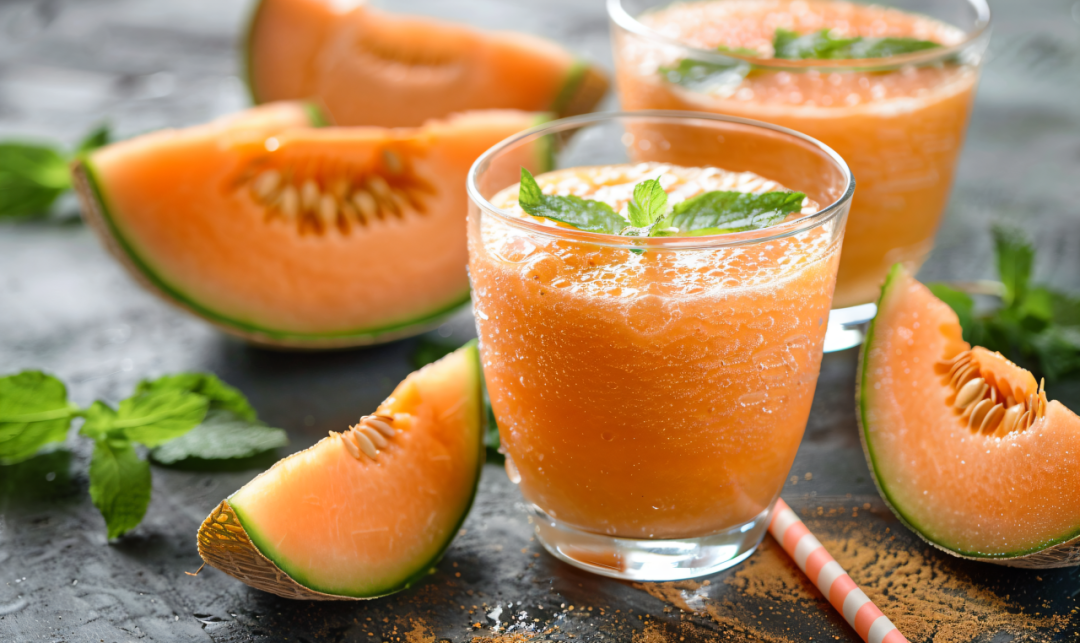
#4
Fresh Fruit After Nap
“After a short rest, drink fruit juice to nourish the blood vessels, this is the fourth principle of health preservation.”
After a nap, one should drink fruit juice to supplement natural vitamins “to nourish the blood vessels.”
It is best to choose fresh fruits (or fresh vegetables), wash them, and juice them yourself for consumption, ensuring hygiene and safety. The juice should be freshly made and consumed immediately, not stored.
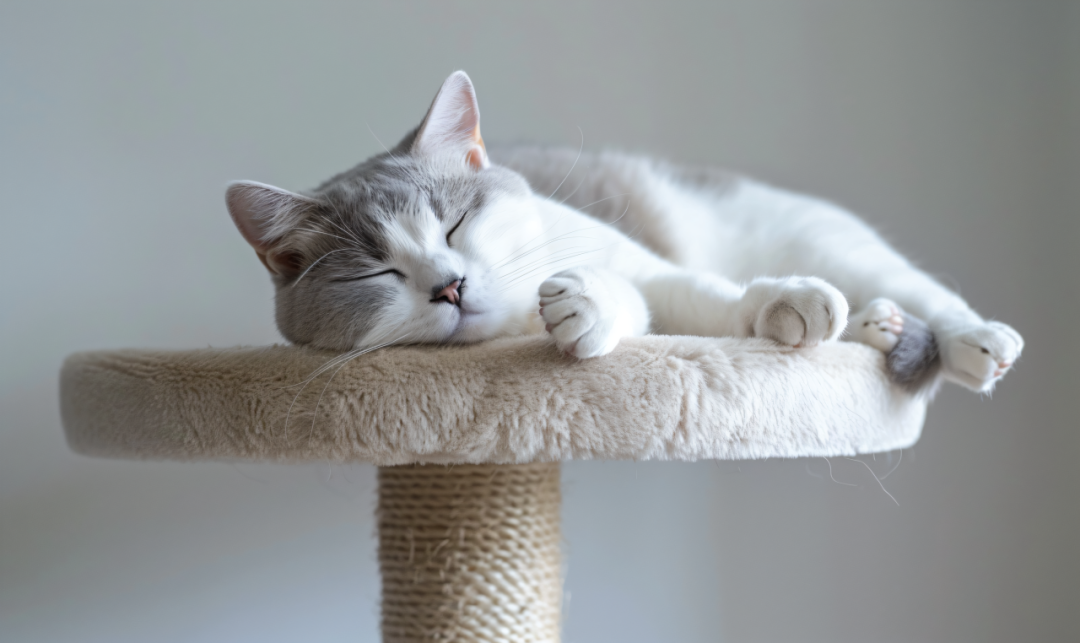
#5
Exercise and Shout in the Afternoon
“In the afternoon, move and sweat, shouting for joy, this is the fifth principle of health preservation.”
Every day around 4 PM is when the body’s metabolic rate is at its highest, making it less likely to get injured during exercise.
During exercise, it is advisable to sweat lightly and shout loudly, which helps to raise clear qi and lower turbid qi, achieving the goal of strengthening the body.

#6
No Eating After Noon
“No eating after noon, to eliminate excess fat and nourish the stomach qi, this is the sixth principle of health preservation.”
Daoist health preservation advocates “no eating after noon,” meaning one should not have dinner, to “eliminate excess fat and nourish the stomach qi.”
Some may wonder if not eating dinner or eating less will lead to hunger. Evidence shows that skipping dinner does not affect health; rather, it induces a strong sense of hunger, making one less prone to illness.
Dinner can vary by person; one may drink a bowl of Baoyuan Soup, or a bowl of porridge, or eat some fruit. In any case, dinner should be light, which is beneficial for health preservation.
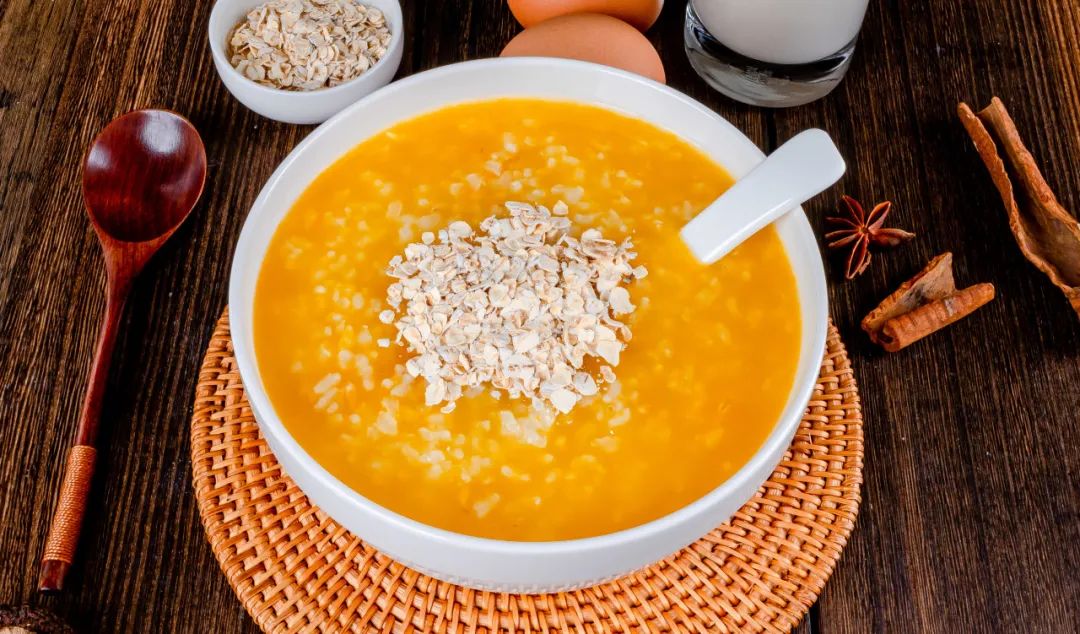
#7
Soak Feet Before Sleep
“Soak feet before sleep, warming the meridians to raise clear qi, clear qi rises and one does not die. This is the seventh principle of health preservation.”
Before sleeping, one should soak their feet. The water for soaking should be boiling; first, use hot water to steam the feet, then soak them in hot water; after the water cools, dry the feet.
There is a saying in Chinese folk wisdom: “Washing feet daily is better than taking medicine.” The Southern Song poet Lu You understood this principle well and consistently soaked his feet before bed, stating, “At night, I wash my feet and sleep, and my limbs are free from cold ailments.” Soaking feet in hot water before bed can warm the feet, promote blood circulation, and relieve meridian blockages, enhancing metabolism and organ function, and aiding in sleep.
Especially for the elderly, soaking feet before sleep can stimulate acupoints in the feet, utilizing the meridian system to prevent various ailments, promoting health and longevity.
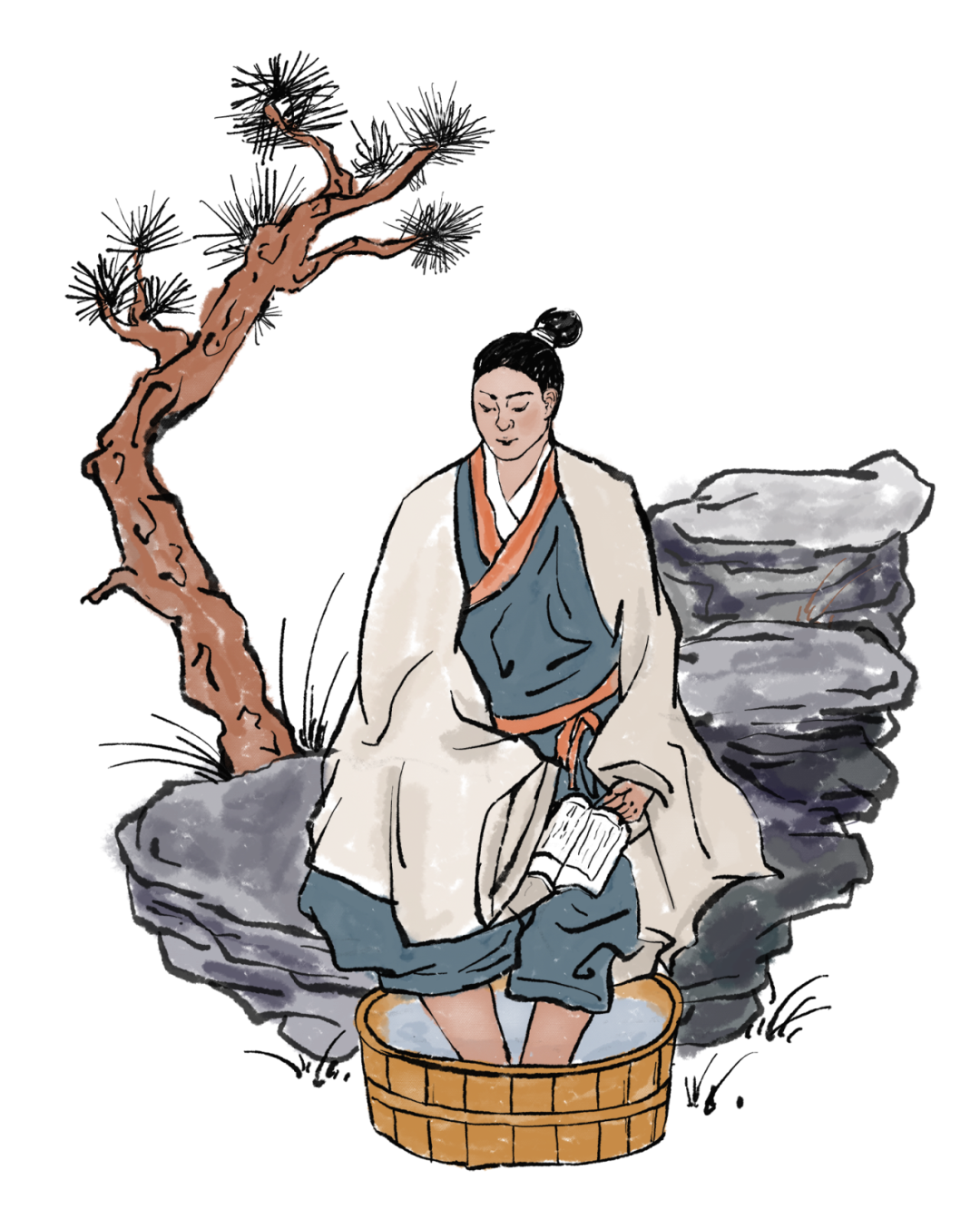
#8
Understanding Contentment
“Trust in the Dao and understand, understanding leads to contentment, contentment leads to no anger, no anger leads to constant happiness, constant happiness leads to no illness, thus the Buddha is the highest craftsman, this is the eighth principle of health preservation.”
Being content and happy can help one stay away from depression and illness, maintaining a healthy and optimistic mood is beneficial for longevity, aligning with the theory of “preventing disease before it occurs.”
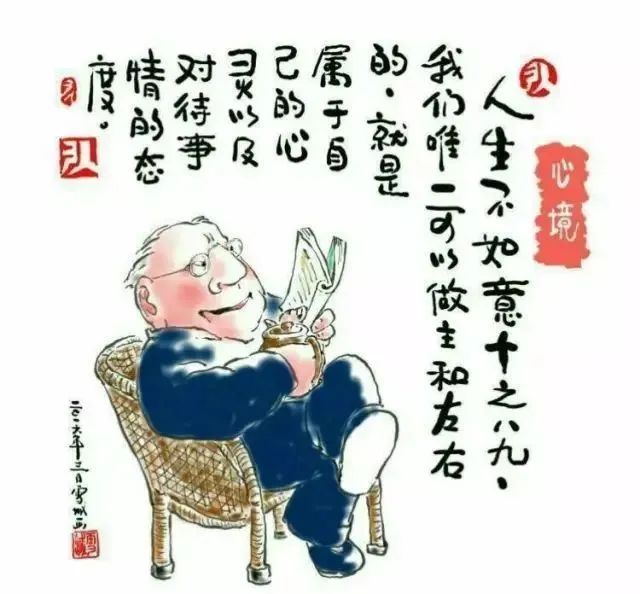
#9
Preserve Essence and Nourish Qi
“Sleeping alone nourishes essence and qi. Sufficient essence and qi lead to longevity. This is the ninth principle of health preservation.”
By reducing external disturbances, sleeping alone promotes deep sleep, allowing the body and mind to rest and recover fully.
Additionally, sleeping alone helps maintain a peaceful and calm mind, reducing unnecessary consumption of essence and qi, allowing it to accumulate and nourish.
When essence and qi are abundant, yin and yang are balanced, the body is strong, immunity is enhanced, and the mind remains calm and peaceful. Thus, one can be full of vitality in daily life, ultimately achieving the goal of health and longevity.

#10
Clear the Intestines on the Full Moon
“To live long, the intestines must be kept clear; on the full moon, clear the intestines, expel impurities and toxins, this is the tenth principle of health preservation.”
Daoist health preservation places great importance on the smoothness of bowel movements, stating “to live long, the intestines must be kept clear.” The Eastern Han philosopher Wang Chong also pointed out in his work “Lunheng”: “To achieve longevity, the intestines must be clear; to avoid death, the intestines must be free of residue,” meaning that maintaining smooth bowel movements is essential for intestinal clarity and health preservation.
Modern research has found that prolonged fecal retention in the intestines can ferment, producing nitrosamines, methyl indole, benzopyrene, and other toxic substances and gases, leading to obstructed venous return, resulting in decreased appetite, bitter mouth, bad breath, nausea, abdominal distension, irritability, dizziness, fatigue, palpitations, insomnia, and other symptoms, which can lead to hemorrhoids, anal fissures, prolapse, and can even induce hypertension, myocardial infarction, stroke, and colorectal cancer, severely harming health. Therefore, it is essential to maintain “clear intestines” in daily life. One should develop a habit of regular bowel movements, pay attention to hydration, increase physical activity, and can perform self-massage on the abdomen to promote bowel movements.
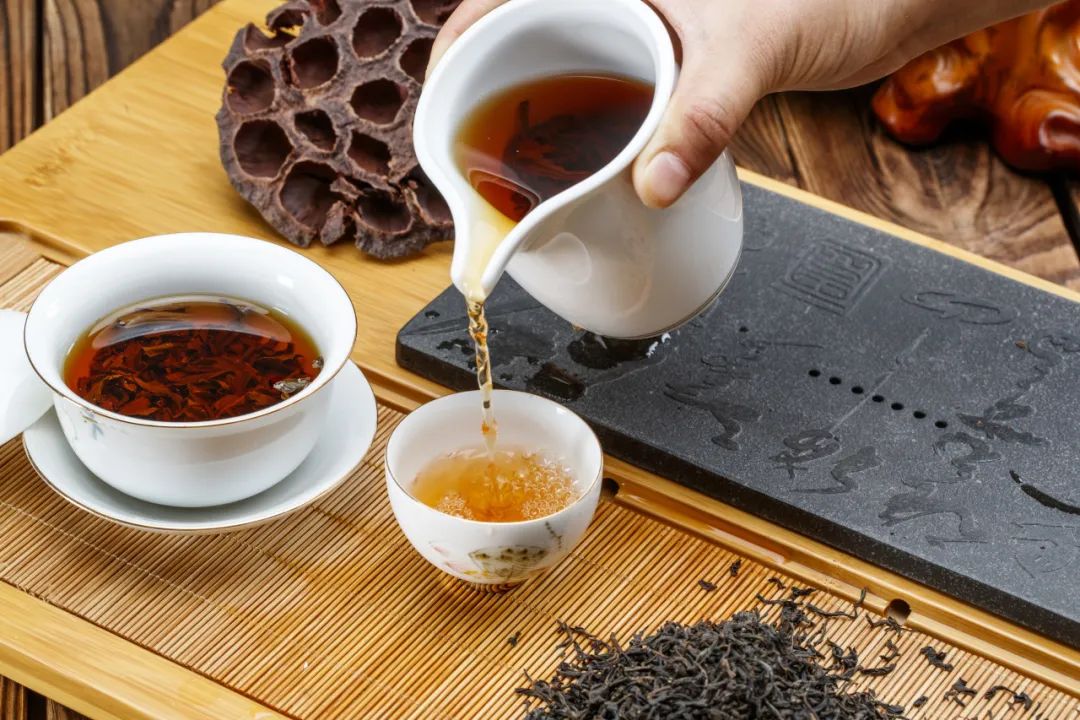
In summary, the ten essential principles of Daoist health preservation are worth emulating. In today’s society, everyone has their own lifestyle habits, and it is not necessary to enforce uniformity; individuality should be emphasized. Of course, combining ancient health preservation methods with modern scientific approaches is beneficial for disease prevention and longevity, and both are worth our imitation.
